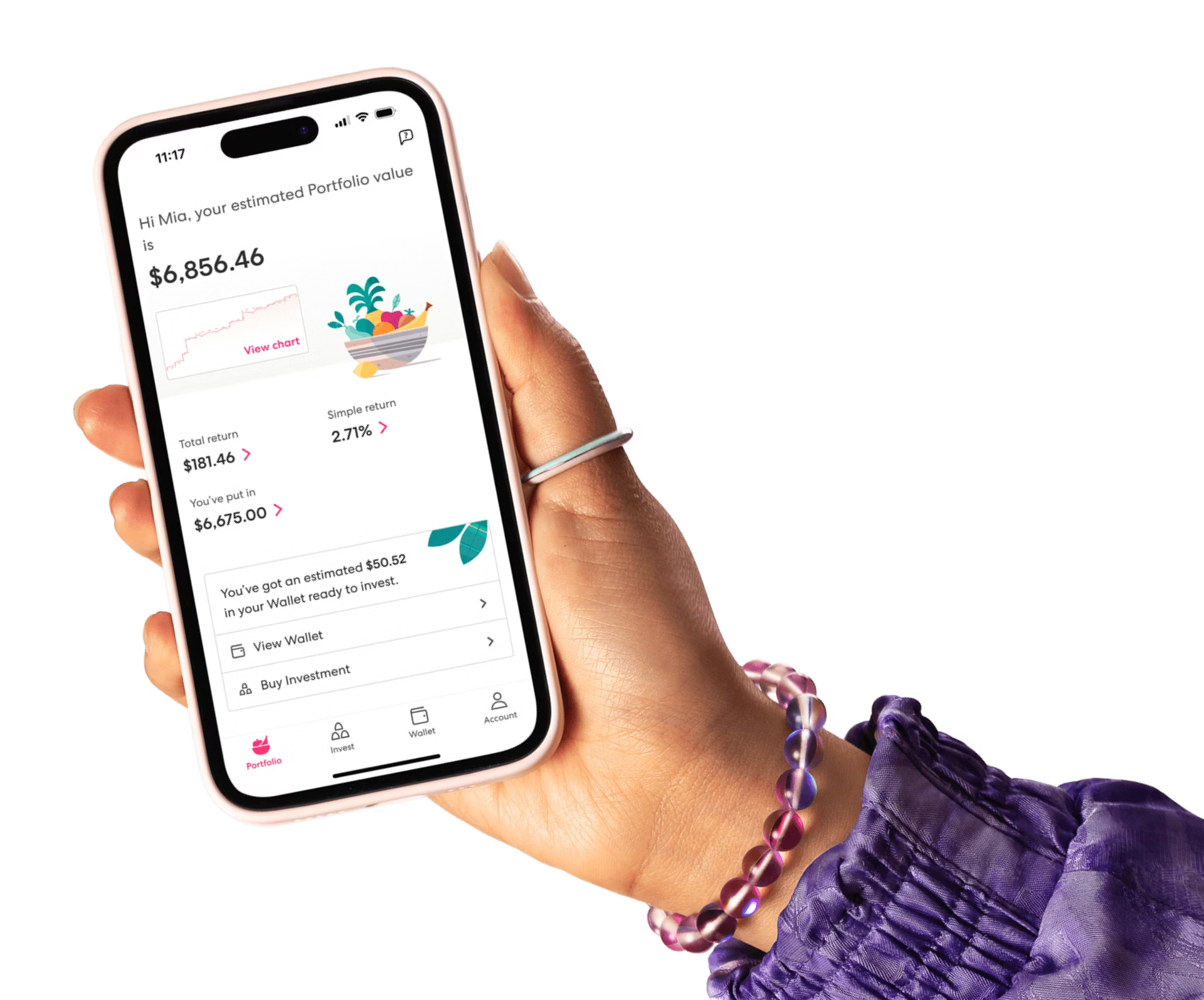How to manage your finances in a time of uncertainty
Staying healthy and well (and making sure those around us are, too!) is the top priority during this period of uncertainty. It’s also a good time to take stock of your financial situation.

While we might all be facing slightly different financial circumstances at the moment, we’re in this together. In this blog, we’ll cover some key things you should be thinking about at any time anyway—the situation we’re in right now just makes them all the more important.
Build or boost your emergency fund
An emergency fund is just what it sounds like—money that you set aside for emergencies, such as getting sick for a long time or losing a job. It doesn’t need to be a lot, just enough so you can get by without any income for a while. A good rule of thumb is to have three to six months’ worth of income for your emergency fund, but be realistic about your limit, too. Interest rates are at all-time lows, and there could be some great investment opportunities over the next wee while.
So pick an amount that works for your budget and that you can regularly set aside. Build up your emergency fund as much as you can. Access to money will be at a premium during this time, and the flexibility to dip into your savings when needed is vital. If you don’t have an emergency fund already, Sorted has a great guide to help you get started.
Keep your KiwiSaver
If you can, keep contributing to your KiwiSaver. The market may be volatile, but switching to a lower risk profile now (e.g. changing from ‘aggressive’ or ‘growth’ to ‘conservative’ or ‘defensive’) will both lock in losses from current low markets, and restrict your ability to enjoy the recovery when it arrives.
If you’re going through some tough times with your finances, you could consider lowering your KiwiSaver contribution rate or taking a savings break by temporarily stopping your contributions. Regardless of what you decide to do, make sure you look at all the options first and be realistic about how it’ll impact your KiwiSaver balance in the future. For more info, talk to your KiwiSaver provider or visit the government’s KiwiSaver website.
Stick with your investment strategy
With all the ups and downs in the market at the moment, checking your Sharesies Portfolio might be unsettling. But it’s good to keep in mind that markets have gone through downturns before, and have found a way to bounce back over the long term. If it was your strategy in good times, and you still believe the companies or investments are good, then you should stick to it in the tough times too!
If you no longer believe that the reasons behind why you made an investment still stand true in the current environment and in your view of the future, you’ll want to watch out for loss aversion (being more willing to take risks to avoid a loss, than to make a gain).
If you need a break from the constant checking, you might want to set up auto-invest instead. It’s a simple way to put into place the practice of dollar-cost averaging, where you regularly invest a particular amount regardless of the share price. As the name suggests, dollar-cost averaging “aims to average out the amount you spend on shares over time, rather than catching the market at a specific high or low point.”
Manage your mortgage
When it comes to your mortgage, continue with your payments if you can. As always, speak with your bank to make sure you’re getting the best rate possible. Interest rates are lower than they’ve ever been, and it looks like they’ll stay that way for longer—if you’ve heard the economists speak about “lower for longer”, this is what they’re often referencing. Keep in mind that inflation doesn’t impact mortgage repayments, so if you’re not one to upgrade to a new house every two years or so, your mortgage could get cheaper over time in real terms.
If you’re experiencing financial hardship, you might be able to access the mortgage repayment holiday scheme—the earlier you can start these conversations with your bank or adviser, the better!
Check your insurance
As with your mortgage, where possible, continue with any insurance payments you have. Check you’ve got the correct cover and make sure you aren’t overpaying. If you’re thinking of bumping up your coverage, it might be worth getting quotes from multiple providers—but make sure you’re comparing apples with apples.
If you’ve been made redundant or can’t work due to severe illness, verify your coverage and see if you can make a claim.
Get rid of debt
Get rid of debt as soon as possible. There are different kinds of debt, but it’s worth prioritising any high-interest debt for now.
If you have room in your budget, make bigger repayments toward your credit card bills or loans, or pay them in full if you can. Talk to your bank or lender to see if they can consolidate your debt or work out a new repayment plan without acquiring any new debt along the way. Sorted has some useful resources to help you tackle your debt.
Spend to support New Zealand’s economy
If you haven’t already, create a budget so you know where your money is going each month. If you find yourself having disposable income, go out and support local businesses as soon as it’s safe to do so. You can even order online from Kiwi businesses offering delivery or purchase vouchers and redeem them later.
Allow for uncertainty but make room for opportunity
There are a lot of unknowns at the moment, but it’s also the perfect opportunity to get on top of your finances now and think about the future. In times of uncertainty, it’s all about preparing for the worst and planning for the best!
Ok, now for the legal bit
Investing involves risk. You aren’t guaranteed to make money, and you might lose the money you start with. We don’t provide personalised advice or recommendations. Any information we provide is general only and current at the time written. You should consider seeking independent legal, financial, taxation or other advice when considering whether an investment is appropriate for your objectives, financial situation or needs.
Join over 800,000 investors



